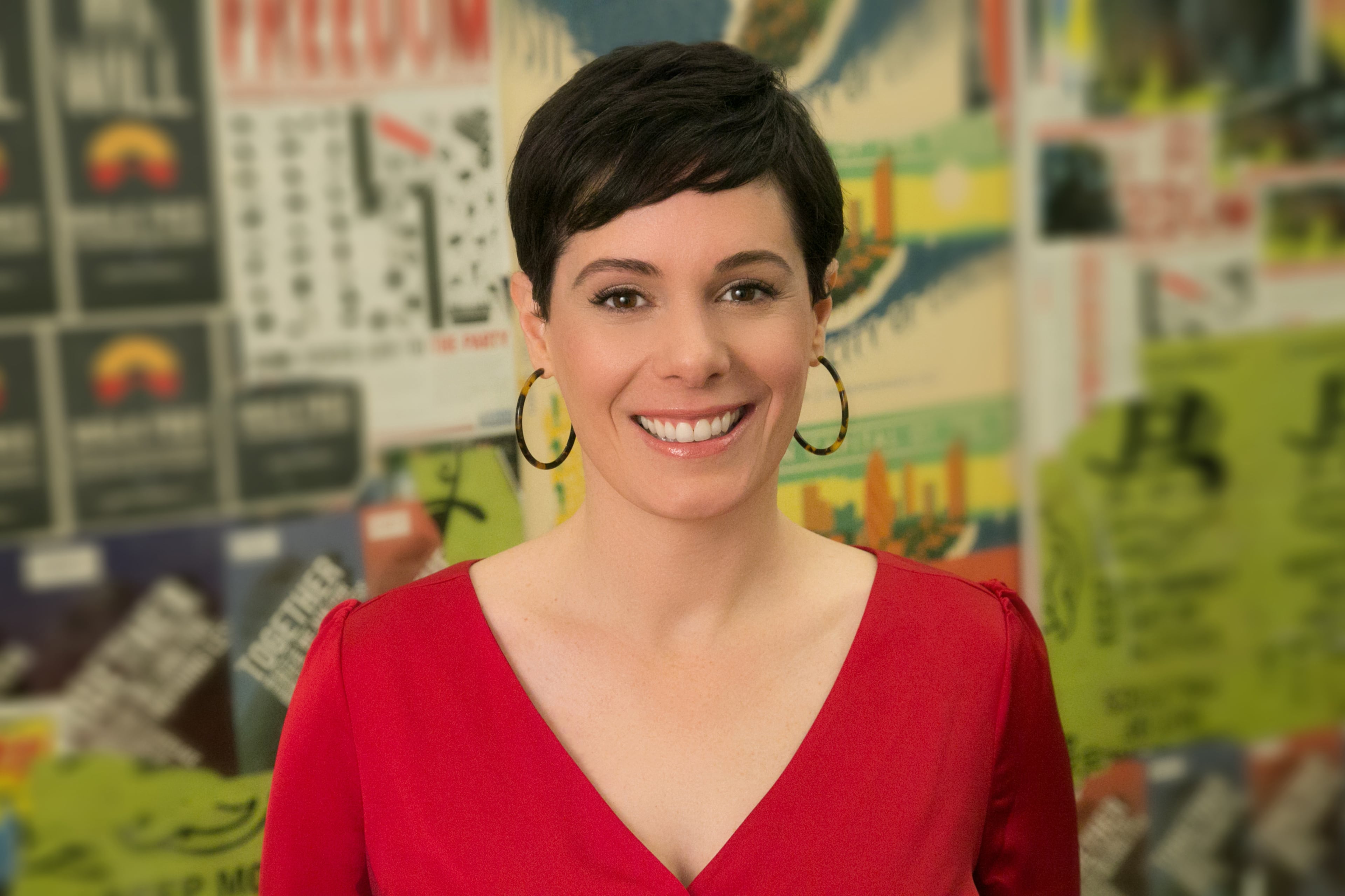Georgia’s time-tested elections checks and balances are threatened

After the 2020 presidential election, Georgia officials faced a clear directive to “find 11,780 votes” for a losing candidate. In 2024, efforts to manipulate the election outcome in Georgia might come before a single ballot has been cast.
The Georgia State Election Board plans to adopt a rule at a mid-August meeting that could allow county boards to reject valid election results with no clear burden of proof. This comes after a recent lawsuit sought unprecedented authority seeking to do the same. The lawsuit, filed by Fulton County Election Board Member Julie Adams, is backed by a group whose members sought to overturn the 2020 presidential election.

Historically, members of county election boards in Georgia have played an important, though limited, role in an elections system that we as Americans can all be proud of. As the body responsible for certifying Georgia’s elections, that role has always been highly specific: to declare the winner based on the thorough count conducted and verified by bipartisan teams before them.
County election board members in Georgia ― and election certifiers in every other state — have never had the authority to investigate results that multiple layers of prior review have already demonstrated to be true. Strict checks and balances make sure that by the time certifiers like Adams get involved, poll workers and local election officials have already left no stone unturned — from verifying voters’ identities to inspecting individual ballots for potential irregularities — to ensure only valid votes are counted.
This proposal has nothing to do with election integrity. Georgia already has rigorous processes in place to verify, count, and canvass — or review — each and every ballot. Instead, this proposal threatens to interfere with a critical, final, administrative step in the election process. That interference — and the subsequent potential for unknowable delays at the behest of a single individual — flies in the face of the strong checks and balances currently in place for Georgia elections.
The process of final election certification — distinct from the rigorous process of determining the election outcome in the first place — is not dissimilar from the division of responsibilities in other areas of government. Take, for example, the process of obtaining a driver’s license. A Department of Driver Services (DDS) staffer who rides along with each driver, ensuring the driver has demonstrated competency by satisfying all requirements outlined in a standardized, detailed checklist. Then a DDS staffer accepts the report from the driving test and issues the license itself. Crucially, this staffer lacks the ability to obstruct or interfere based on a hunch or for any other reason at all.
Of course, when it comes to our elections, it’s not just one or two people calling the shots. In fact, all over Georgia, diverse teams of people from both parties work together at every step of the voting, counting and reporting process: from checking voter eligibility, to confirming the accuracy of results from each voting location, to securely transporting ballots and other materials, to serving as independent observers.
Then, teams of election officials go through meticulous steps to verify the count, such as standardized and rigorous audits to make sure the right results are made official. In very close elections, they will often conduct recounts following the laws in each state. For example, once results are tabulated in Georgia, any candidate who is within 0.5% of the vote may request a recount to verify the results are accurate or determine if any discrepancy exists.
Only after election officials check for accuracy and resolve any discrepancies are the results of each election shared with county election board members to issue official certificates declaring the winners. For more than 80 years now, this is how elections in Georgia have been administered.
People all around the world look to American elections as models of freedom and fairness because we hold firm to our systems of checks and balances, even during tough times. Those checks and balances exist for a reason, and these latest efforts by Adams and the State Election Board would throw them all away — threatening delays and confusion as the entire nation waits to learn the results of a tight presidential election. Ahead of a November election where all eyes will be on Georgia, we can’t let them.
Sam Tarazi is the co-founder and chief operating officer of Voting Rights Lab, a national nonpartisan organization focused on state legislative policy research.
More Stories
Keep Reading

